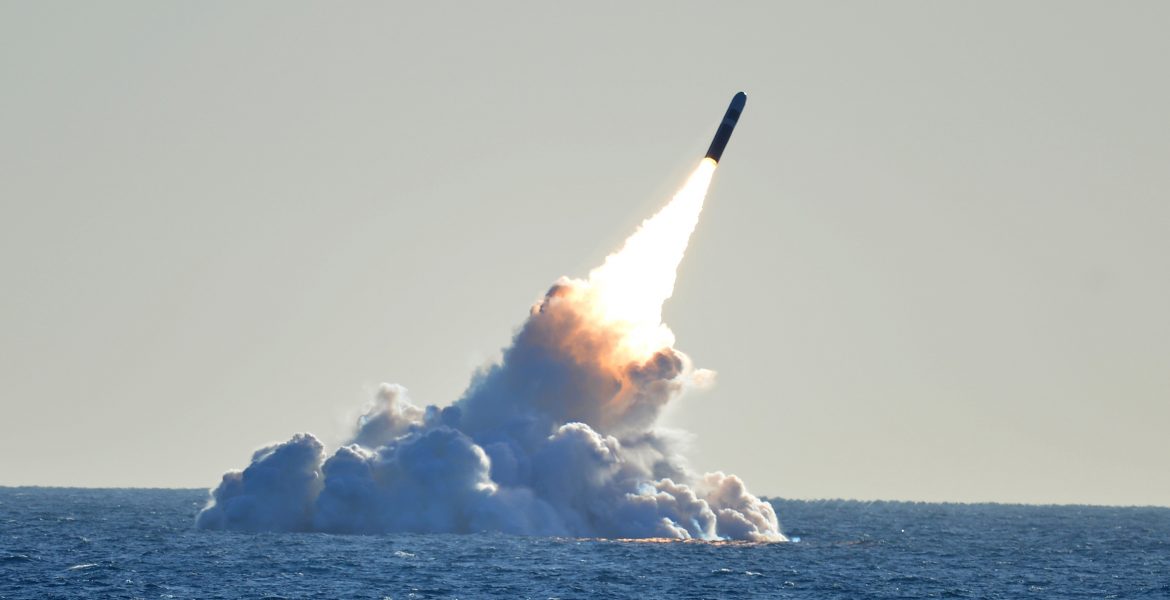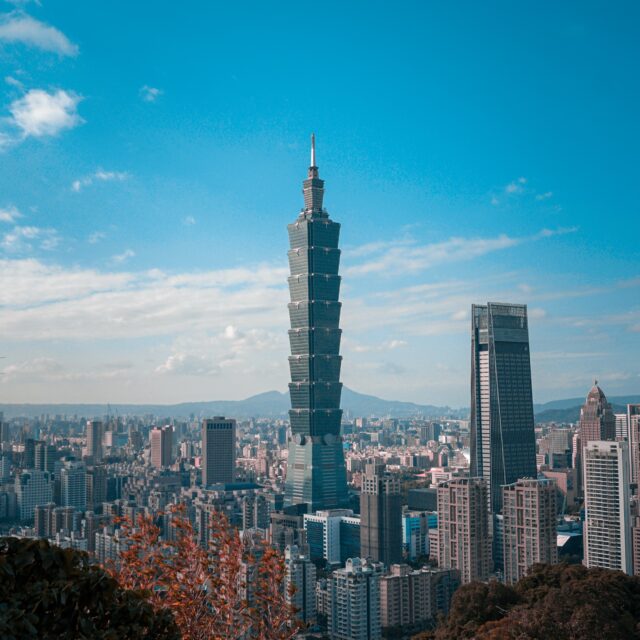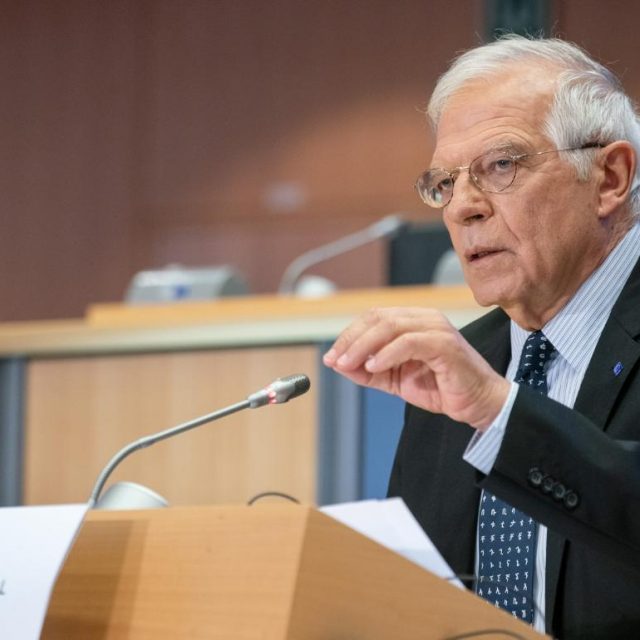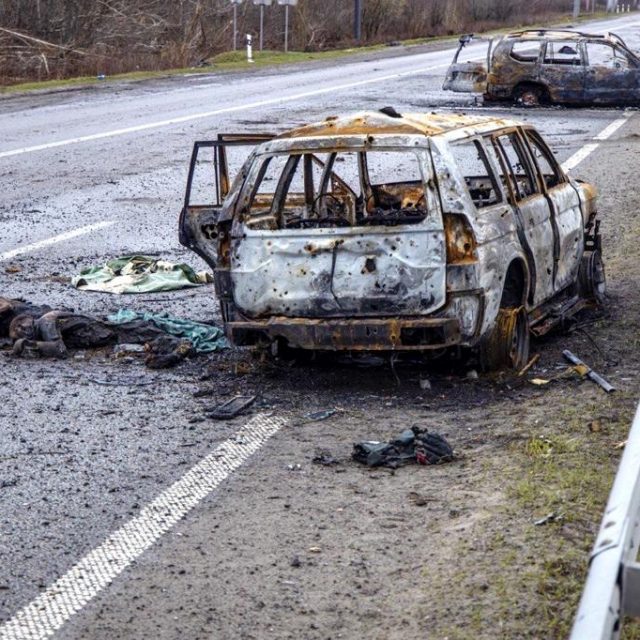Fifty-six former presidents, prime ministers, foreign ministers and defence ministers from 20 NATO member states, as well as Japan and South Korea, have issued an open letter calling on current leaders to join the Treaty on the Prohibition of Nuclear Weapons. Former UN secretary-general Ban Ki-moon and two former NATO secretaries-general are among the co-signers.
The fifty-six former leaders warn that the risk of nuclear weapons being used today, “whether by accident, miscalculation or design”, appears to be increasing, and urges all countries to “heed the warnings of scientists, doctors and other experts” and take urgent action for disarmament. Referring to the coronavirus pandemic, they state: “We must not sleepwalk into a crisis of even greater proportions than the one we have experienced this year.”
The former leaders and ministers declare in the letter that “nuclear weapons serve no legitimate military or strategic purpose in light of the catastrophic human and environmental consequences of their use” and argue that “it is not difficult to foresee how the bellicose rhetoric and poor judgment of leaders in nuclear-armed nations might result in a calamity affecting all nations and peoples”.
The co-signers are from Albania, Belgium, Canada, Croatia, the Czech Republic, Denmark, Germany, Greece, Hungary, Iceland, Italy, Japan, Latvia, the Netherlands, Norway, Poland, Portugal, Slovakia, Slovenia, South Korea, Spain and Turkey. The current governments of these countries have so far declined to join the landmark United Nations treaty, arguing that the United States’ nuclear weapons are essential for their security. Five of the countries — Belgium, Germany, Italy, the Netherlands and Turkey — host US nuclear bombs on their territory and would be required to remove them upon joining the treaty.
The fifty-six former leaders argue that their countries, by claiming protection from an ally’s nuclear forces, are “promoting the dangerous and misguided belief that nuclear weapons enhance security” and “perpetuating nuclear dangers” when they should instead be “enabling progress towards a world free of nuclear weapons”. They urge current leaders to “show courage and boldness — and join the treaty”.
“As the Treaty on the Prohibition of Nuclear Weapons is nearing its entry into force, this letter demonstrates that even in countries that officially oppose the treaty, there is very significant high-level support. We’re confident that, over time, that support will grow even stronger, and these countries will eventually join the treaty,” said Tim Wright, ICAN’s Treaty Coordinator.
The letter was coordinated by the International Campaign to Abolish Nuclear Weapons, or ICAN, which won the Nobel Peace Prize in 2017 for its work to bring the nuclear weapon ban treaty into being.
The treaty was negotiated and adopted in 2017 with the support of 122 countries. It comprehensively outlaws nuclear weapons and establishes a framework for their total elimination. To date, 84 countries have signed it and 44 have ratified it, and Malta has announced that it will deposit its ratification today on 21 September – becoming the 45th country to join the treaty.
It will enter into legal force 90 days after the 50th country ratifies.
The three nuclear-armed members of NATO — the United States, the United Kingdom and France — have urged fellow members of the alliance not to join the nuclear weapon ban treaty. However, public sentiment against nuclear weapons in most of these countries is strong, and many parliamentarians are actively promoting adherence to the treaty.
Nothing in the treaty would require NATO members to withdraw from their alliance. Similarly, South Korea and Japan would be free to remain in security pacts with the United States. But the treaty would prohibit them from hosting nuclear weapons on their territory or assisting or encouraging any other state to use or possess nuclear weapons. They would need to formally disavow the notion of nuclear protection.
The International Campaign to Abolish Nuclear Weapons (ICAN) is a global campaign working to mobilize people in all countries to inspire, persuade and pressure their governments to sign and ratify the Treaty on the Prohibition of Nuclear Weapons. ICAN is comprised of more than 570 partner organisations in over 100 countries and was awarded the 2017 Nobel Peace Prize.




